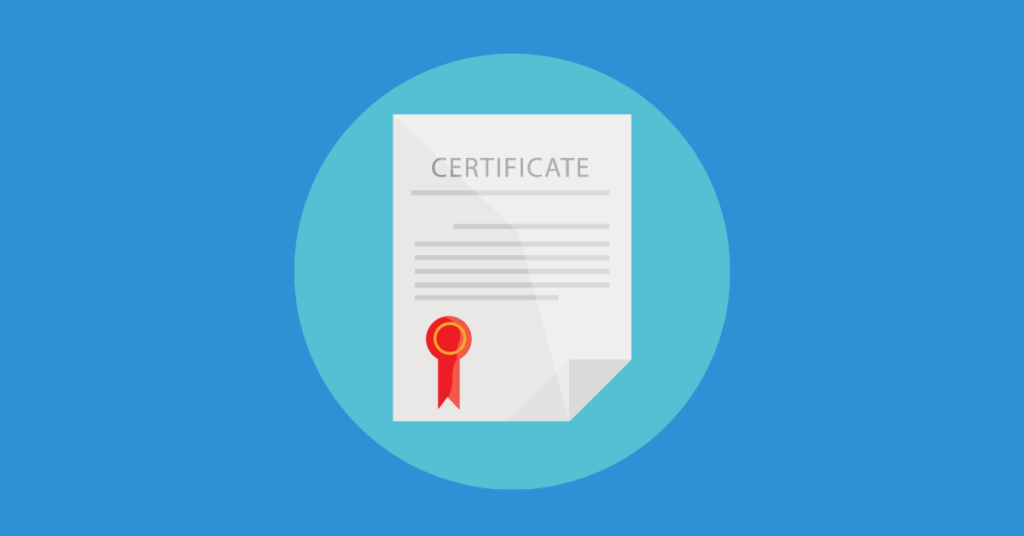Introduction
We live in the age of a digital economy running on data-driven organizations. As digitalization sweeps across all spheres, so do the job opportunity increments in this sector. Data Privacy and protection has emerged as one of the most lucrative sectors after the internet’s dawn. Reports state that even the average basic salary of a Data protection officer in India is around 14 Lakhs per Annum. This is not surprising considering the huge demand for trained professionals across industries.
In this blog, we will be discussing the importance and requirements of data protection officers in organizations across the board. We will elaborate on the certifications required to enhance one’s skill and get them ready for this role which is not only important in today’s age but in an organization that will only go up as digitalization increases.
Data Protection Officer
The Designation and role of a Data Protection Officer (DPO) first came into the limelight and importance in the European Jurisdiction under the General Data Protection Regulations (GDPR) Regime. This requirement does not stem from the increasing volumes of data companies are handling and are going to handle in the future but a regulatory push rather fosters and inculcates a culture of data privacy and protection within companies functioning in the European Jurisdiction.
The Data Protection Regulation (EU) 2018/1725 mandates that all EU institutions or companies in the jurisdiction appoint a Data Protection officer. Gradually DPOs are now being appointed across several jurisdictions due to the streamlining and efficiency perks they contribute to. The DPO has been trusted with ensuring compliance of the companies with data protection laws, rules & and regulations of the jurisdiction. They are even more important in organizations dealing with critical and sensitive information. They serve as a point of contact between the company, its clients, and other State authorities.
Also, read IAPP certifications and GDPR.
Duties of the Data Protection Officer
The responsibilities and duties of the DPO include but are not limited to:
- Employee Awareness: Ensuring that the Company and its employees, data controllers, or processors about their data protection responsibilities.
- Monitoring & Compliance: The DPO is entrusted to make sure that the company is compliant with all data protection laws, rules, and policies relevant to its jurisdiction. The compliance is monitored on a day-to-day basis by carrying out evaluations and audits of the data processing and handling operations.
- Risk Assessment: This is ensured by conducting Risk assessments on the data governance model of the organization to locate points of vulnerabilities and resolve them if found.
- Point of Contact: The DPO also acts as a point of contact and intermediary between various components/teams of an organization. They are also the go-to people for any queries related to the data protection aspects of the organization.
The importance of the role of DPOs in an organization is highlighted by the European Data Protection Board, which requires DPOs to work with independence and without any internal or external pressures on their functioning. Therefore, it is imperative that for DPOs to be able to perform their role, they must be trained in not only basic principles of data privacy and protection but also as skills required to formulate and run a privacy management system in place.
Certifications
The certifications in the Data Privacy and Protection sector play a crucial role in providing industries with trained professionals to meet their demands. Several credible organizations in touch with the industry have created several certification(s) that provide the skills and know-how for a professional to perform in the capacity of a DPO.
IAPP’s CIPM & CIPP/E:
Obtaining a CIPP/E certification shows that a professional has an in-depth understanding of GDPR. Additionally, it shows that the person has the authority to guarantee that the company complies with European privacy rules. However, the person can advance by obtaining a CIPM certificate. The professional is prepared to be appointed as a DPO in a company by GDPR compliance, thanks to CIPM and CIPP/E. While CIPP/E covers the fundamentals, the CIPM addresses theoretical issues of implementing data privacy principles. A professional can therefore advance to newer and more varied job profiles by taking a combination of these courses, such as that of a Data Protection Officer.
Tsaaro: C-DPO
One of the few IAPP-registered training companies, Tsaaro, offers this online certification. There are three levels of the Certified Data Protection Officer course: foundational, intermediate, and practitioner. A 2-day remote certification is required. To obtain this certification and advance to further levels of the C-DPO certification, you must receive 50% of the possible points.
According to the degree, the course’s core curriculum narrows from the wide and broad curriculum in the foundational course to the intermediate version and then to the practitioner’s version. A professional will acquire all the conceptual clarity and practical understanding necessary to run their organization in a way that complies with local privacy legislation after completing all three levels of this certification.
Also read Privacy Certifications: Why They Matter for Individuals and Organizations.
Future Proof
These certifications go a long way in aiding professionals to future-proof their careers in the field of data privacy and data protection. Firstly, they aid in enhancing the employability of the professional; holding a DPO certification significantly elevates their status in the job market. This certification is a way to demonstrate an individual’s expertise and verification of the same claim from a credible authority; Secondly, these DPO certifications help in expanding career opportunities by providing the professionals with the required skills and know-how to perform this role. Lastly, it also helps the professional build a relationship of trust and credibility with their clients as valued professionals who can uphold privacy standards and mitigate the risks associated with data processing.
Conclusion
The demand from the industry for people trained with the skills and technical information required to perform in the capacity of a Data protection officer is increasing day by day. This increase in demand is a result of a push from compliance authorities to foster a culture of data privacy and protection. Obtaining these certifications is a swift way to gain the operational skills required to perform this role and diversify your experience in the field of data privacy and protection. These certifications, apart from the skills, also provide the opportunity to be a part of a larger community of professionals committed to privacy ethics and thus provide a holistic experience to professionals.
Stay updated with the latest regulatory requirements across jurisdictions by connecting with Tsaaro. We not only provide updates but also have courses curated to help you achieve the certification that will help you elevate your career in the field of data privacy and protection. Get in touch with us at info.academy@tsaaro.com.






